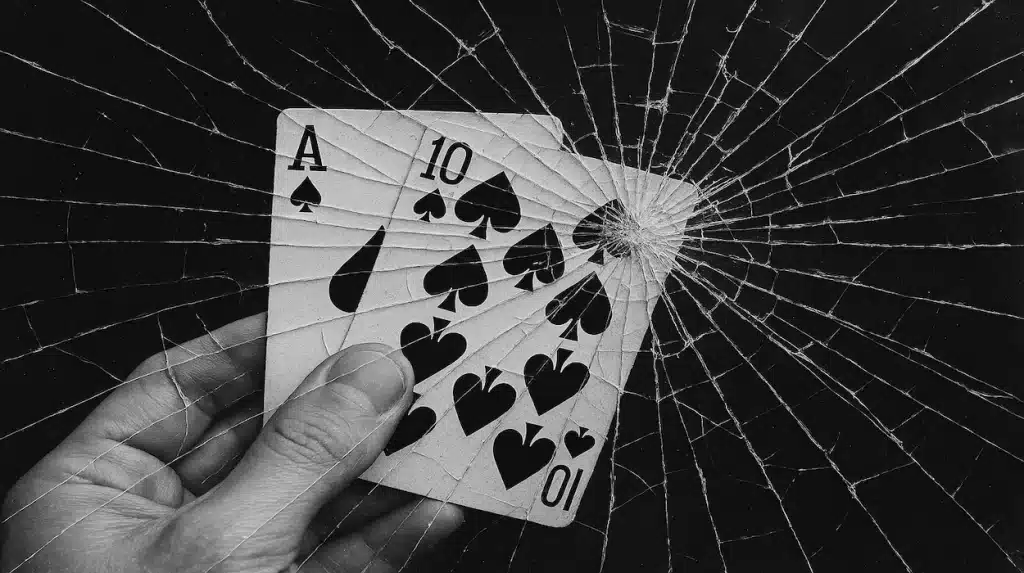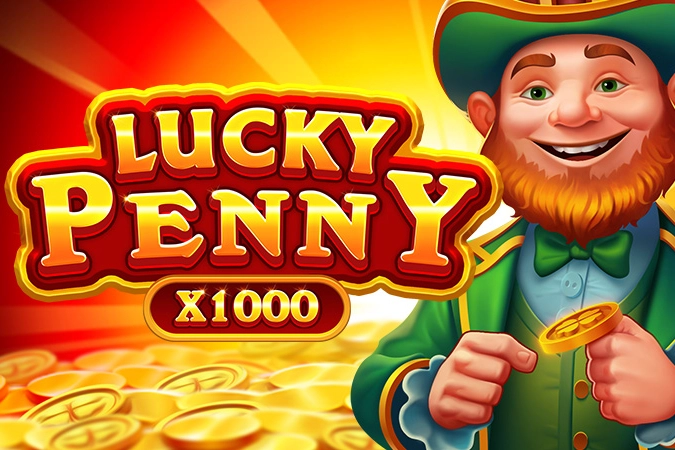Blackjack is a casino classic, a game of skill and chance that has captivated players for centuries. Its simple objective—beat the dealer without going over 21—is easy to grasp, but the game is shrouded in a web of common myths and misconceptions. From the idea that it’s purely a game of luck to the belief that other players can ruin your hand, these myths can influence your decisions and hinder your chances of success. Let’s separate fact from fiction and debunk some of the most persistent blackjack myths.
Myth #1: The Goal Is to Get as Close to 21 as Possible.
This is perhaps the most fundamental misunderstanding of the game. While 21 is the ultimate winning hand (a “blackjack”), the primary objective is simply to beat the dealer. You can do this in two ways: by having a higher hand total than the dealer (without exceeding 21), or by having the dealer bust (go over 21).
If you have a hand of 18, and the dealer has 17, you win. There’s no need to risk busting to get closer to 21. By focusing solely on getting to 21, you’re more likely to hit when you shouldn’t, increasing your chances of busting and losing the hand. A smart player understands that sometimes the best move is to stand on a hand that seems “low,” especially when the dealer’s upcard suggests they are likely to bust.
Myth #2: Your Fellow Players Can Ruin Your Hand.
We’ve all been there: a player at the table makes a questionable move, like hitting on a 15 when the dealer is showing a 6, and a collective groan goes up. The belief is that this player “takes the dealer’s bust card,” causing you to lose. This is a classic case of the “Gambler’s Fallacy,” the mistaken belief that past events influence future, independent events.
In reality, the cards are random. The order of cards in the shoe is already set, and a bad play by another person does not fundamentally change your odds of winning. While it might be frustrating to watch someone make a poor decision, it’s crucial to remember that you can only control your own hand. A good player focuses on their own basic strategy and doesn’t worry about the actions of others. Over the long run, a bad player’s presence at the table will not affect your overall win-loss ratio.
Myth #3: Always Assume the Dealer Has a 10 in the Hole.
It’s tempting to believe that the dealer’s hidden card is a 10, as it would simplify your strategy immensely. However, this is a dangerous assumption. While face cards (Jack, Queen, King) and 10s are the most numerous cards in a deck, they still only represent about 30% of the cards. The other 70% of the cards are not 10s.
A more effective strategy is to consider the probabilities based on the dealer’s upcard. For example, if the dealer has a weak upcard like a 5 or 6, they are more likely to bust because they are required to hit on any total of 16 or less. In this situation, standing on a relatively low hand, like a 12 or 13, is often the best play. The dealer’s upcard is your most valuable piece of information, and basing your strategy on that, rather than on a false assumption, will significantly improve your game.
Myth #4: You Are Due to Win After a Losing Streak.
This is another manifestation of the Gambler’s Fallacy. Each hand of blackjack is an independent event. Just because you have lost five hands in a row does not increase your chances of winning the sixth. The odds for each hand remain the same. The cards have no memory, and a losing streak doesn’t mean a winning streak is “owed” to you.
Betting strategies like the Martingale system, which encourages you to double your bet after every loss, are built on this flawed premise. While they can sometimes lead to short-term gains, a prolonged losing streak can quickly and severely deplete your bankroll. The best approach is to stick to a consistent, well-thought-out betting strategy and remember that streaks, both winning and losing, are a natural part of any game of chance.
Myth #5: Card Counting Is Illegal.
Perhaps the most famous blackjack myth is that card counting is against the law. This is simply not true. Card counting is a legal, mathematical strategy that relies on using your brain to keep a running tally of high and low-value cards to determine when the odds shift in your favor. It’s a way of using publicly available information to inform your decisions. Casinos, however, are private establishments and reserve the right to refuse service to anyone, and they will likely ask you to leave if they suspect you are counting cards.
While card counting isn’t for everyone—it requires discipline and practice—it illustrates a key point: blackjack is not just a game of luck. By learning and applying basic strategy, which is based on statistical probabilities for every possible hand, you can significantly reduce the house edge. Debunking these common myths is the first step toward becoming a more confident and successful blackjack player. The game is far more nuanced and strategic than most people realize, and understanding the truth is your biggest advantage.







